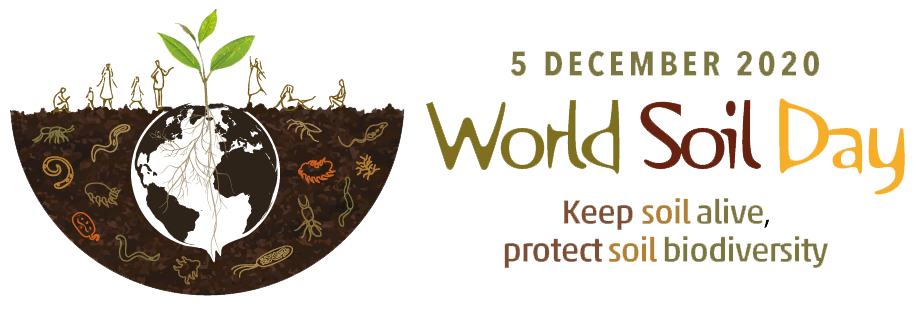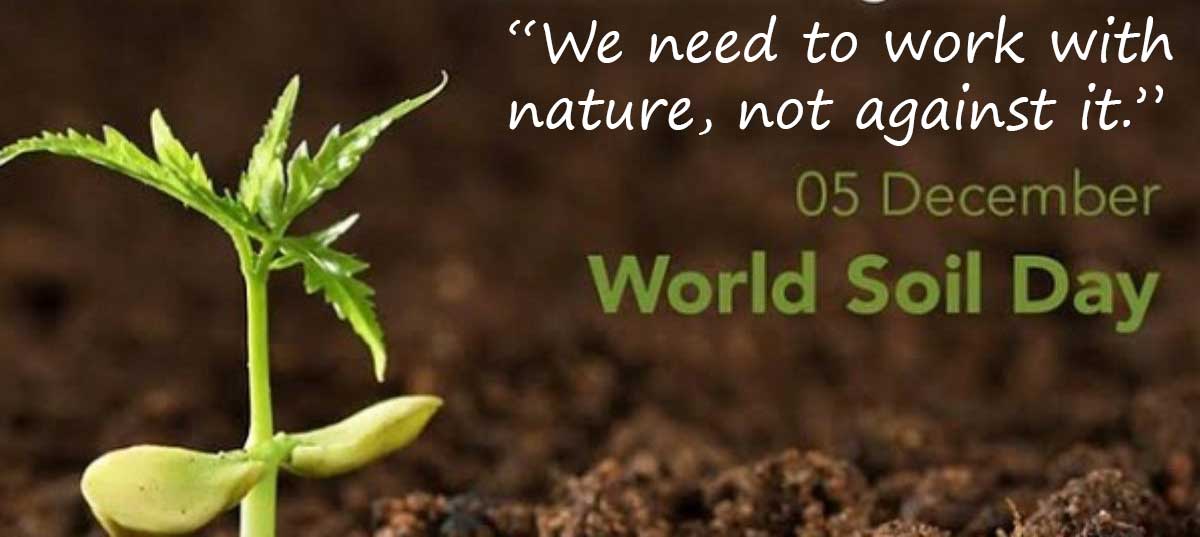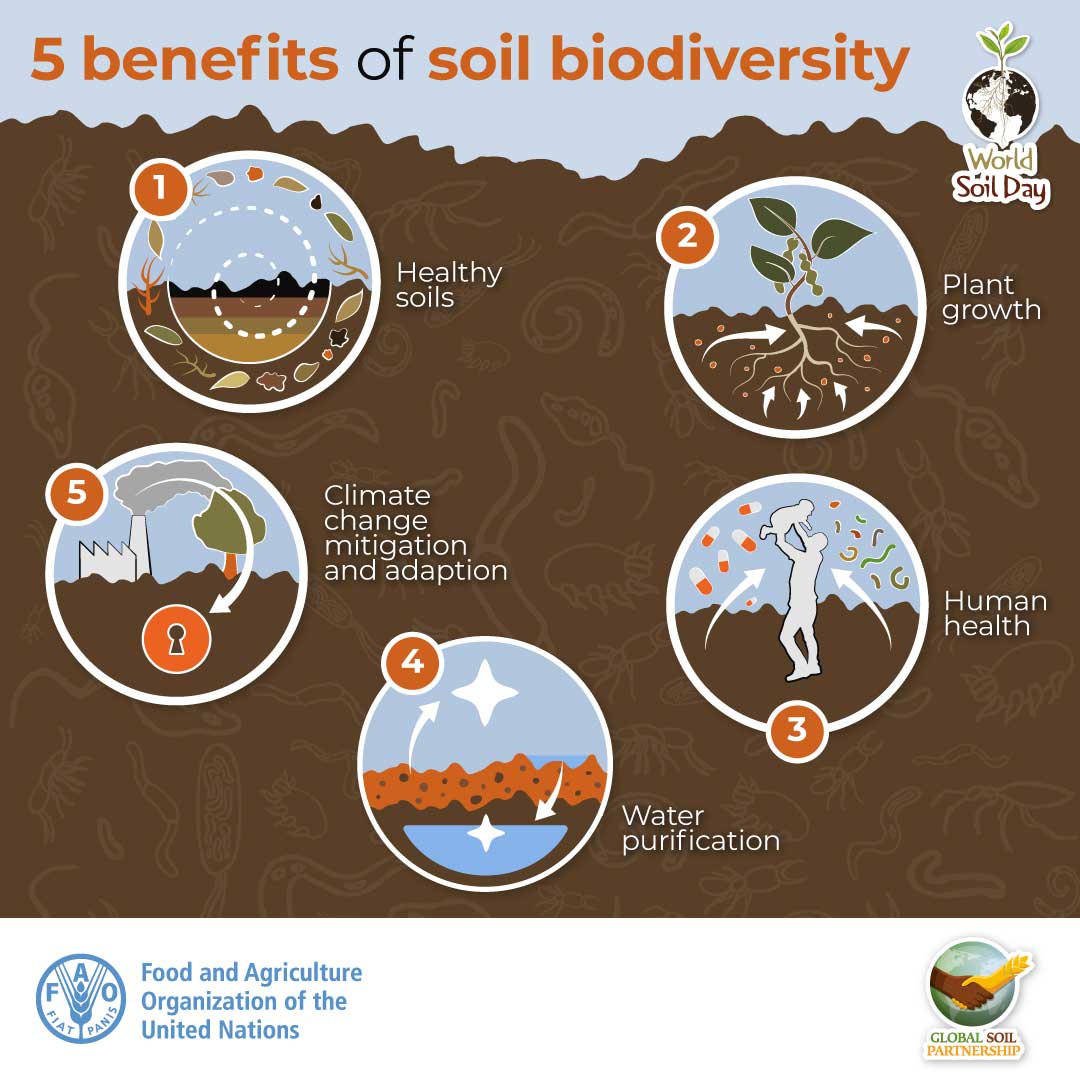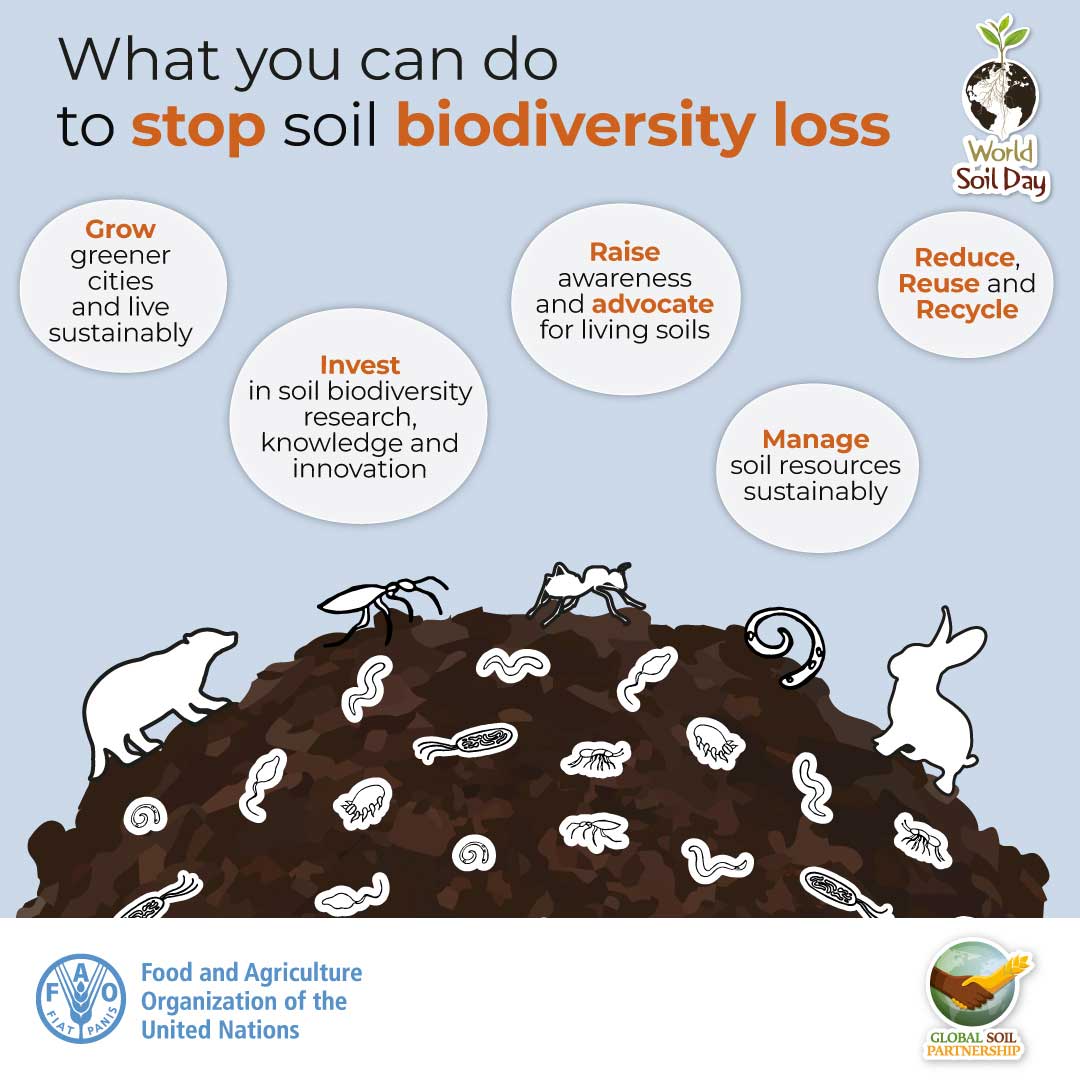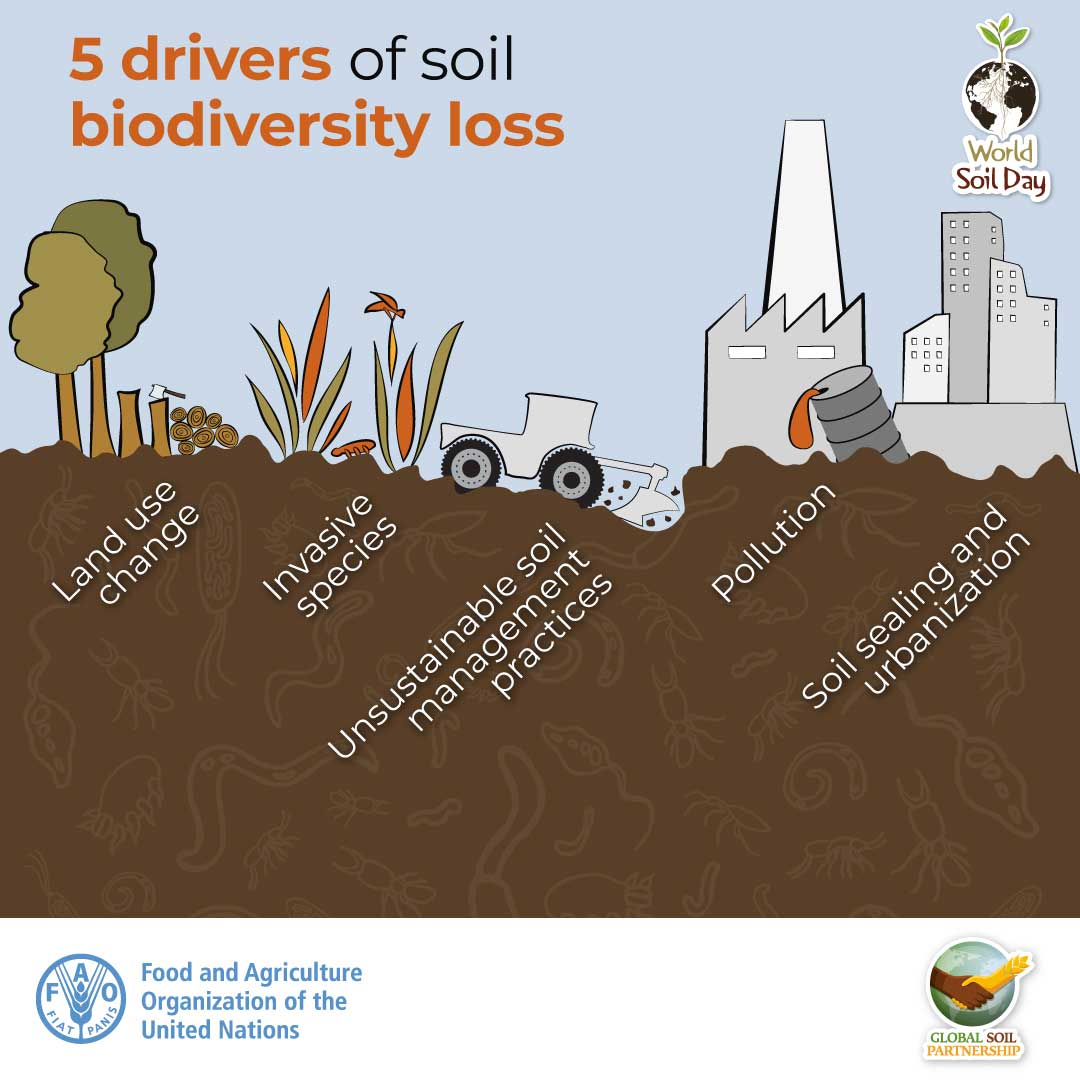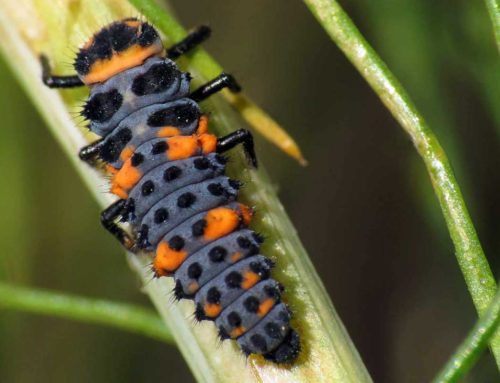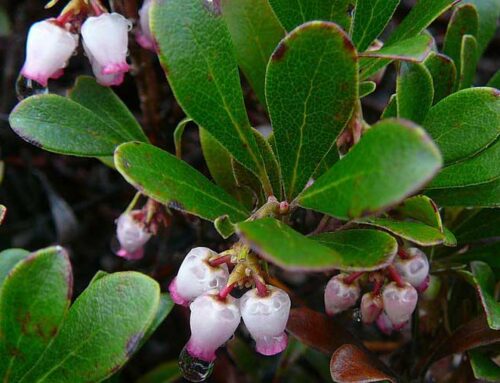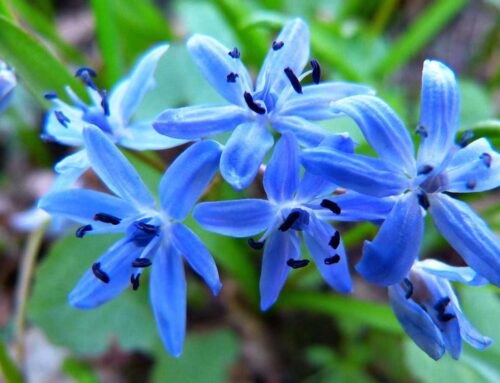Sustainability with Organics
“creating eco-systems”
“This year, by addressing the increasing challenges of soil management, the Food and Agriculture Organization (FAO) campaign “Keep soil alive, protect soil biodiversity” aims to raise awareness of the importance of sustaining healthy ecosystems and human well-being.“
As the world battles to keep humans healthy in the midst of the worst pandemic of our generation, the idea of keeping soil healthy and promoting soil biodiversity is not high on our news feed. However, soil is more than the ground we walk on. We need fertile soil for our own health and also for the planet.
World Soil Day (WSD) is held annually on 5 December as a means to focus attention on the importance of healthy soil and to advocate for the sustainable management of soil resources. An international day to celebrate Soil was recommended by the International Union of Soil Sciences (IUSS) in 2002. Under the leadership of the Kingdom of Thailand and within the framework of the Global Soil Partnership, FAO has supported the formal establishment of WSD as a global awareness raising platform. The FAO Conference unanimously endorsed World Soil Day in June 2013 and requested its official adoption at the 68th UN General Assembly. In December 2013, the UN General Assembly responded by designating 5 December 2014 as the first official World Soil Day. The date of 5 December was chosen because it corresponds with the official birthday of the late H.M. King Bhumibol Adulyadej, King of Thailand, who was one of the main proponents of this initiative.
Keep soil alive, protect soil biodiversity
Plants nurture a whole world of creatures in the soil, that in return feed and protect the plants. This diverse community of living organisms keeps the soil healthy and fertile. Often when speaking with a client I say to them “feed the soil, not the plant”.
Soil is home to more than 1/4 of our planet’s biodiversity. Yet, we only know 1% of this universe. There are more living creatures in a single teaspoon of healthy soil than there are people on Earth. Soil organisms are responsible for many critical ecosystem processes, on which humans depend: from supporting plant growth, to storing carbon and being a vast reservoir for pharmaceuticals. But soil biodiversity is under pressure! Unsustainable soil management affects life belowground.
The animation gives a brief introduction on the main drivers, the key functions and challenges of soil biodiversity loss, indicating possible ways to enhance soil biodiversity as a nature-based solution.
Three Informative United Nation F.A.O. Videos
Soil Organic Carbon
the treasure beneath our feet
How You Can
Be The Solution
How You Can
Stop Soil Erosion
The Biodiversity of Soil
1 – Soil is a living resource, home to more than one quarter (25%) of our planet’s biodiversity.
2 – Up to 90% of living organisms live or spent part of their lifecycle in soils, yet we know only 1% of this hidden universe.
3- Soil organisms work 365/24/7 in a coordinated effort to sustain life on Earth.
4- Soil biodiversity is an essential component of soil health. Healthy soils produce more nutritious and safer food. 95% of our food comes from soils.
5 – Soils organisms help soils store carbon and reduce GHG emissions.
6 – Soil biodiversity contributes to the remediation of soil pollution by breaking down contaminants.
7 – Soils are vast, vital pharmacies. Did you know that almost all of the antibiotics that we take to help us fight infections were made using soil micro-organisms?
Interesting facts
1 – In just 3 inches of soil, there are 13 quadrillion living organisms, weighing 100 million tonnes.
2 – One hectare of soil contains the weight equivalent of two cows of bacteria.
3 – There are more organisms in one gram of healthy soils than there are people on Earth.
4 – An earthworm can digest its own weight in soil every 24 hours. 50% of the planet soil passes through the gut of earthworms each year.
5 – Soil organisms process 25,000 kg of organic matter in a surface area equivalent to a soccer field, which is the weight of 25 cars.
Lincoln Landscaping “The Natural Choice”
Mike Kolenut President & CEO
https://lincolnlandscapinginc.com
(201) 848-9699

